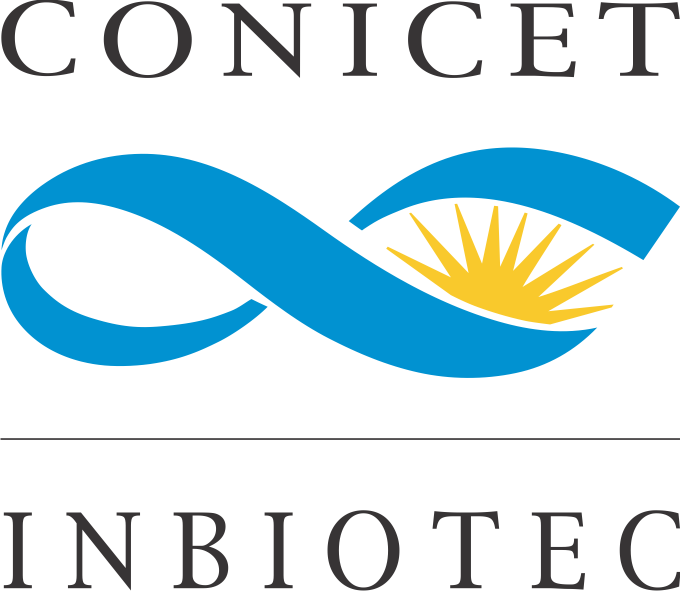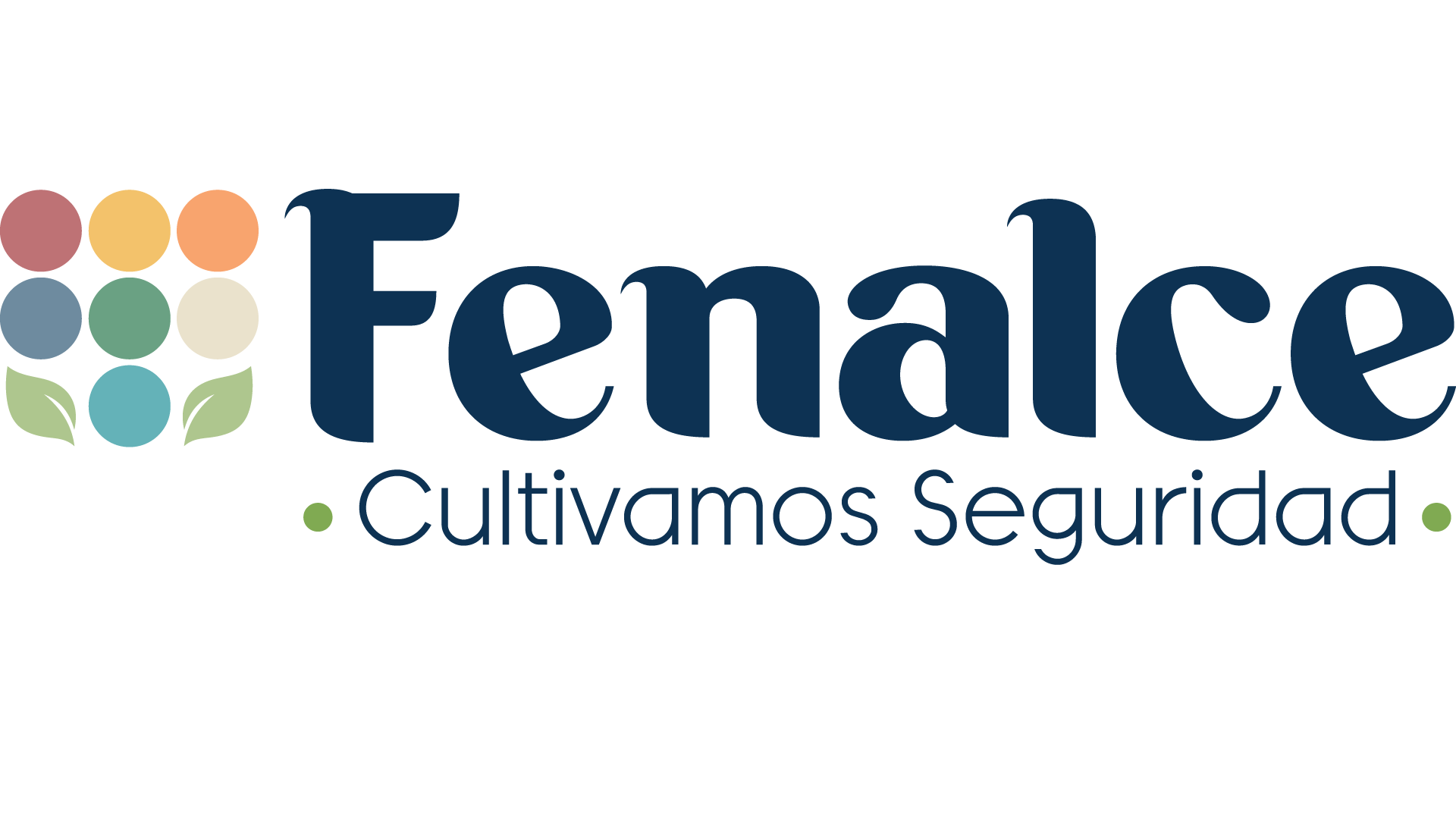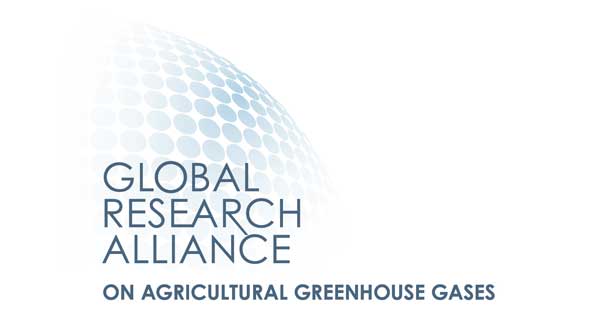Fungi in focus: bioproducts for climate-resilient crops
This work aims to develop strategies to increase the production and resilience of maize to climate change, using native beneficial fungi, promoting a sustainable agricultural system that can be expanded to other crops in Colombia and Argentina.
Context of the story
Maize, a crop highly sensitive to environmental variations, faces significant challenges in Argentina and Colombia due to climate change. The increase in temperatures and changes in precipitation patterns have intensified droughts, shifted planting and harvesting cycles, and encouraged the spread of pests and diseases that reduce yields. Additionally, traditional agricultural techniques continue to degrade the quality and fertility of the soil, compromising the uptake of essential nutrients for optimal plant development. This situation has forced farmers to increase the use of agricultural inputs, many of which are imported, significantly raising the costs of phytosanitary management.
Native fungal biodiversity in promoting positive effects on maize agroecosystems
The implemented initiative
This study aims to evaluate the contribution of beneficial fungi native to Argentina, Colombia, and New Zealand, selected for their biopesticide and biofertilizer properties, in mitigating the effects of climate change on maize crops. The potential of entomopathogenic and antagonistic fungi, as well as arbuscular mycorrhizal fungi, will be validated for promoting plant growth, reducing the use of agrochemicals, stabilizing carbon in the soil, and improving plant drought tolerance. Partnerships with producers will be established to ensure the transfer of knowledge. This project is funded by FONTAGRO and the New Zealand government as part of its contribution to the Global Research Alliance on Agricultural Greenhouse Gases (GRA), and carried out in Colombia, Argentina, and New Zealand.
Biologicals in sustainable agriculture with a focus on climate resilience
The technological solution
This project targets the maize production sector, highlighting its crucial role in global food security as demand grows and the need for climate change adaptation increases. The technological proposal focuses on the use of biologicals, leveraging the potential of native microorganisms as biofertilizers, biocontrol agents, and biostimulants to enhance crop sustainability. Implementing these species promotes habitat colonization, optimizes soil structure and nutrient flow, and improves resistance to biotic and abiotic stresses.
The approach aims not only to increase maize cultivation efficiency but also to expand the applicability of bioproducts to other agricultural sectors. Additionally, strategies for knowledge management and transfer will be developed, working closely with producers and academic and government entities in the involved countries to ensure the adoption and positive impact of these technologies in agriculture.
If no actions are taken to mitigate the effects of climate change, it is estimated that by 2030 there will be a significant reduction in the areas suitable for maize production, as well as a decrease in crop productivity by up to 30 %.
Participating countries
Type of project
Results
Progress was made in the genomic characterization of Beauveria bassiana (Bv064) and Metarhizium robertsii (Mt015), and in evaluating the efficacy of native strains in Colombia and Argentina. In Colombia, Bv064 and Mtcatol2 showed consistent efficacy above 40 % against key maize pests. In Argentina, M. anisopliae (Ma1) reached 62 % efficacy against S. frugiperda. Trichoderma strains Th406, Th008, and Th032 stood out in Colombia against Macrophomina, Stenocarpella, and Fusarium spp.; TH1, TH2, and Tbr1 performed well in Argentina against local F. oxysporum strains. In collaboration with AgResearch (NZ), a soil aggregate fractionation method was defined to quantify stable carbon. Progress was made in HFMA production and trap plant trials in both countries. Over 20 coordination meetings and 4 workshops with local stakeholders were held, including a binational workshop and training for small-scale farmers on biological management.

 Back to the project
Back to the project Colombia
Colombia Argentina
Argentina New Zealand
New Zealand












